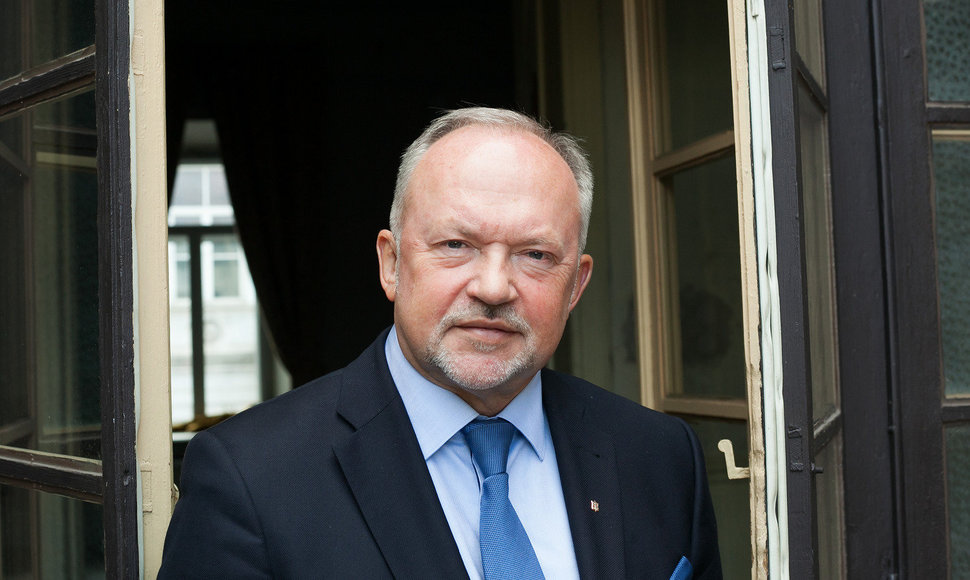The Lithuanian Confederation of Industrialists (LPK) are closely following the discussions amongst the Prime Ministers and the Transport ministers of the three states and have expressed their concerns over the potential changes in the management model of ‘Rail Baltica’. LPK believe that these modifications could compromise the implementation deadlines as well as the national business and security interests of the three countries.
It is important to note that the three Baltic states are currently at different stages in the development of ‘Rail Baltica’ so changing the management model now would turn any decision making more difficult. Lithuania, the country which is most advanced in the project, was already preparing to put the contract out for tender in order for the railway and infrastructure work to be performed on the stretch between Kaunas and the Lithuanian-Latvian border.
In light of the economic crisis caused by the COVID-19 pandemic, projects like these gain even more importance to the economies of all the involved states. ‘Rail Baltica’ has the potential to bring considerable amounts of income into the national economies and help them better recover from the consequences of this crisis.
But making changes at this stage in Lithuania’s case would mean delaying an investment of almost half a billion Euro.
Although ‘Rail Baltica’ is important to the entire European Union and is mostly funded by the EU Cohesion Fund, it should be stressed that a considerable part of the project costs will also come from the national budgets of the participating states.
The financial contribution of Lithuania to the project is the largest out of the three states so naturally the Lithuanian government is aiming to distribute as much of the funding as possible to the country’s businesses and this way represent its national interests. As an umbrella organisation of business in Lithuania, we fully support this strategy.
‘RB Rail AS’ is already performing large-scale procurement aimed at suppliers from the biggest EU states. The Lithuanian suppliers have not yet been awarded any of the contracts by ‘RB Rail AS’ and it is likely that consolidating the management of the project in the hands of ‘RB Rail AS’ will result in a significantly reduces opportunity for the Lithuanian suppliers to participate in any tenders related to ‘Rail Baltica’. This also means losing the indirect benefits of EU support, such as the creation of jobs, etc.
We should also bear in mind that railways make up a strategically important infrastructure in terms of national security and its exclusive ownership rights belong to the state. The state in its turn administers these rights via the state-owned companies, which are being entrusted with the management of this strategic infrastructure. Therefore, passing the infrastructure so strategically important to the national security into the hands of a company which is not adequately controlled by the state would go against the doctrinal provisions and would require a change in the law.
LPK believe that the implementation of projects such as ‘Rail Baltica’ must take into account the national interests of the states involved. This project means enormous costs to each of the participating countries. It is therefore vital to ensure that the benefits are felt not just in the future, once ‘Rail Baltica’ is completed but during the implementation stages too, which would significantly support the local businesses. Especially at this time, when the national budget is likely to shrink considerably, and the rate of unemployment is going up as a result of the COVID-19 pandemic.
Ričardas Sartatavičius is the Executive Director of the Lithuanian Confederation of Industrialists (LPK)












